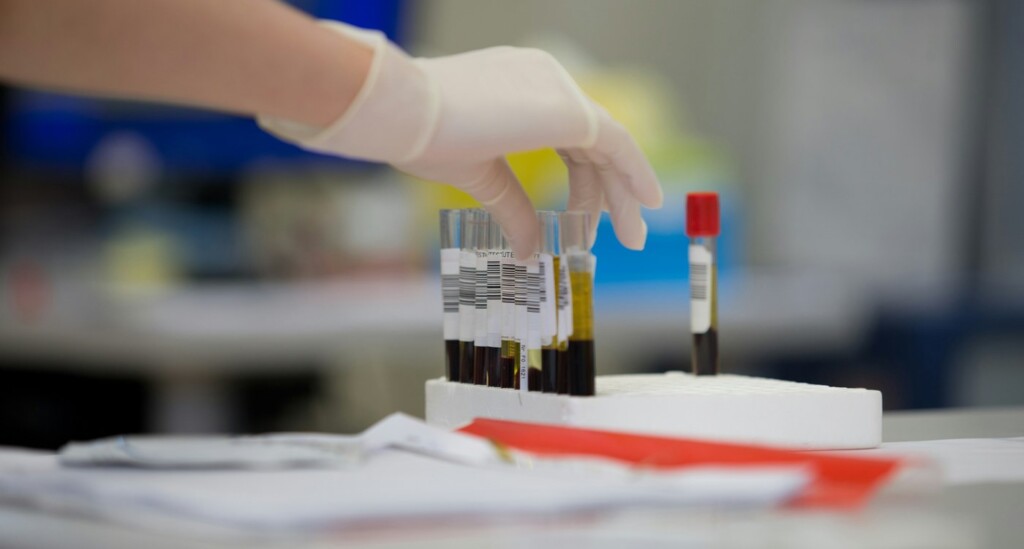
credit – Adrian Sulyok on UnsplashJapan is the first country to begin clinical trials of artificial blood, a medical innovation which if proven successful, would solve one of the largest hospital challenges of our age.Beginning back in March, a clinical trial organized by Nara Medical University will look to build on the success of an early-stage trial in 2022 of hemoglobin vesicles, small artificial blood cells that were confirmed to be safe and capable of delivering oxygen as normal.The trial will administer 100 to 400 milliliters of the artificial blood cells to further test safety before moving onto broader performance and efficacy targets, all in the hopes that by 2030, the artificial blood could enter clinical use.Whether high-income or low-income, every country has challenges meeting the necessity necessary amounts of stockpiled blood donations for emergency medical procedures.In high-income countries where the 90% of blood stockpiles comes from voluntary donors, the challenge is getting enough of these donations, and crucially, enough from those with rare blood types.In low-income countries where only 40% of needs are met with donations, the challenge lies in importation from abroad when donated blood packs are only safe for use for a few months. A useful proxy to understanding this shortfall is that of 175 countries included...

.jpg?ext=.jpg)